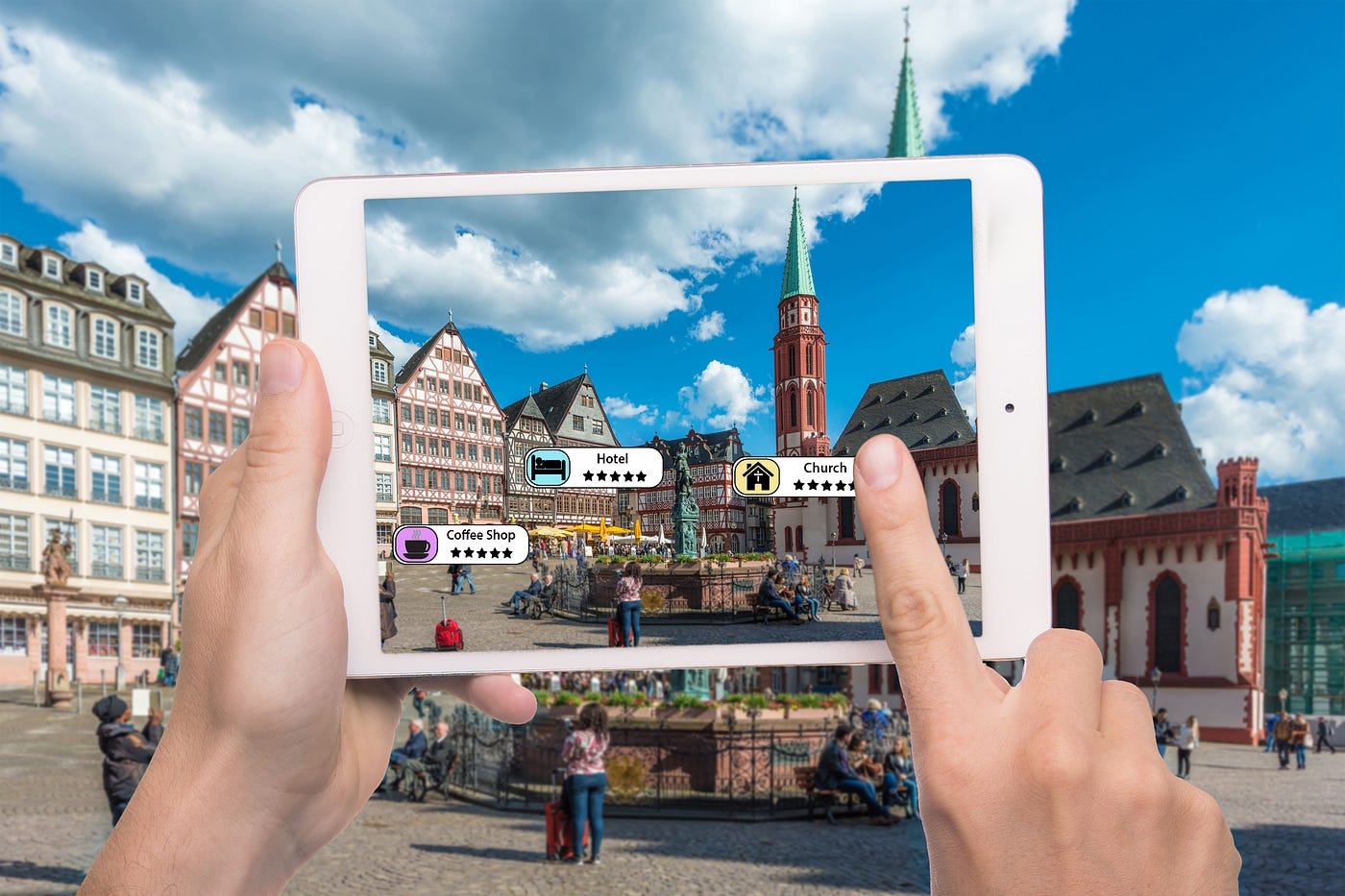The travel and tourism industry, like many others, is being transformed by the rapid advancements in artificial intelligence (AI). Gone are the days when planning a vacation meant flipping through brochures or relying solely on a travel agent’s advice. Today, AI is reshaping how we research, plan, and experience our trips, creating a more personalized and seamless journey for travelers around the world.
1. Personalized Recommendations:
AI algorithms can analyze vast amounts of data, including a user’s search history, preferences, and even social media activity. Based on this data, AI-powered platforms can suggest destinations, accommodations, and activities tailored specifically to a traveler’s interests. For instance, if a traveler has shown an interest in historical sites on past trips, AI can recommend destinations with rich historical significance on their next venture.
2. Intelligent Virtual Assistants:
Chatbots and virtual assistants, powered by AI, are becoming the go-to solution for instant queries. Many travel companies and hotel chains have integrated chatbots on their websites and apps to help travelers with reservations, flight details, local attractions, and more. These bots are available 24/7, ensuring that travelers get the information they need, whenever they need it.
3. Enhanced User Experience with Augmented Reality (AR):
Augmented reality, combined with AI, offers an enhanced user experience for tourists. Museums, for instance, are using AR to bring exhibits to life. Instead of merely reading about an artifact, visitors can point their devices at an exhibit and watch stories unfold, dive deeper into the history, and even interact with simulations.
4. Smart Travel Planning:
With AI’s data crunching capabilities, it can forecast weather conditions, predict flight delays, and even anticipate crowd densities at tourist hotspots. This information can be invaluable for travelers when planning their trips, ensuring they can avoid potential hitches and make the most of their time.
5. Automated Customer Service:
Lost luggage, flight cancellations, or booking errors – such problems can dampen the spirit of any vacation. However, AI is optimizing the resolution process. For example, in the event of a lost suitcase, an AI system can quickly scan and match baggage tags, locating misplaced items faster than ever before.
6. Dynamic Pricing:
Ever noticed how flight prices fluctuate when searching for them multiple times? AI algorithms analyze demand, seasonality, and other variables to adjust prices dynamically. For travelers, understanding these patterns (or using tools that help identify the best times to book) can lead to significant savings.
7. Enhanced Accessibility:
For travelers with disabilities or special needs, AI is a game-changer. Voice-activated systems can help visually impaired tourists navigate their surroundings, while AI-driven apps can translate sign language into text for the hearing-impaired, making travel more inclusive than ever.
Conclusion:
The fusion of AI and tourism is ushering in an era of travel that is more customized, efficient, and accessible. As these technologies continue to evolve, travelers can expect even more innovative solutions that cater to their unique needs and preferences. While there are concerns about data privacy and the impersonal aspect of technology, the potential benefits for enhancing the global travel experience are undeniable. The future of tourism is smart, and it’s powered by AI.
Tags:
Ministry of Tourism
Tourism Industry
Tourism Promotion
Travel Agents
travel destinations
Travel Experience
Category:
Blogs
Contact
Our Address
Delhi-110092
Email Us
richa.rjassociates@gmail.com
Call Us
011 35587932














